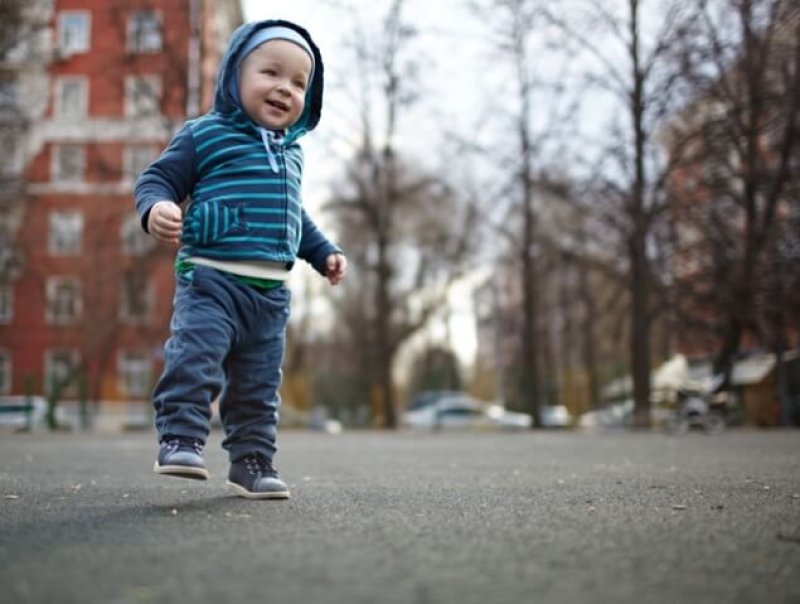If life is but a tapestry, then memory is the thread. But some of those threads may simply be imagined: A new study out [July 17] in Psychological Science suggests that our earliest memories often couldn’t have happened the way we remember them.
…
The researchers behind this new paper studied the responses from more than 6,000 volunteers [who described their first memory]. They found that nearly 40 percent of these volunteers swore they remembered something before the age of two; nearly 15 percent said their first memory happened before the age of one. That might not seem like a big deal, in of itself, except for the fact these memories probably aren’t real.
The vast majority of scientific research, for decades, has found that our brains simply don’t have the ability to process and encode life experiences into long-term memories before the age of three-and-a-half.
…
[I]t’s more likely these implausible memories are an unconscious attempt to narrate our life story. We take bits and pieces of our early life from different sources—a familiar story of our first walk told by our parents or a picture of our crib seen on a family photo—then slowly replace the retelling of these details in our mind with an actual, if fictional memory that intuitively feels right, without ever being aware of it.Read full, original post: Your Earliest Memory Might Not Have Happened































